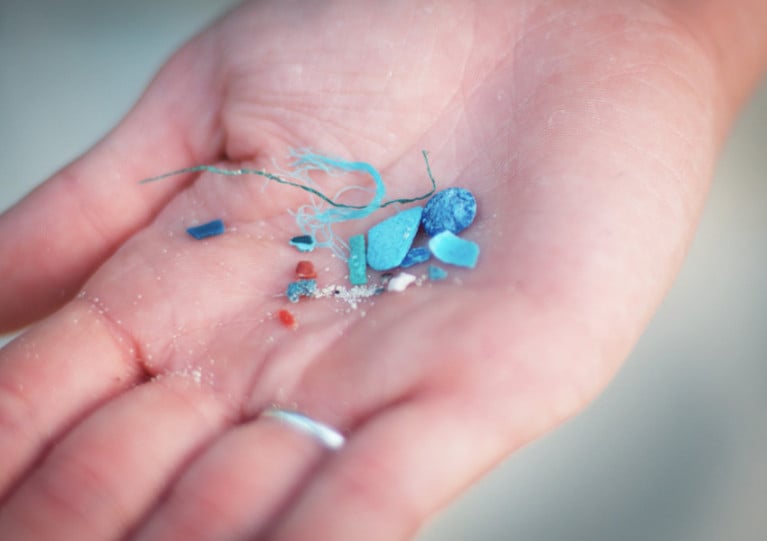Displaying items by tag: Whale Sharks
The world’s largest fish may be under threat due to collisions with ships in the oceans, a new study has claimed.
As reported by RTÉ News, researchers in the Global Shark Movement Project set out to identify reasons for a fall in the numbers of whale sharks worldwide.
By tracking their movements, the marine scientists discovered a concerning correlation with global shipping patterns, with multiple hotspots where the sharks may come into contact with cargo ships and tankers as well as passenger vessels and fishing boats.
In their study, published in PNAS, the researchers say that transmission from tagged whale sharks ended in busy shipping lanes more often than expected — suggesting the slow-moving marine wildlife were struck by vessels in these areas.
“It is sad to think that many deaths of these incredible animals have occurred globally due to ships without us even knowing to take preventative measures,” the project’s Professor David Sims said.
RTÉ News has more on the story HERE.
Next Tuesday 13 April the Cork Nature Network hosts a free talk in the impact of microplastics on the marine environment, and specifically on the largest fish in the sea.
During this talk, Dr Alina Wieczorek will be presenting her research — being conducted both in Ireland and the Maldives in the Indian Ocean — on microplastic interactions with whale sharks and basking sharks.
She will also share some first insights into how researchers can use scientific findings to inform society and stakeholders to collaboratively find solutions to address environmental issues such as plastic pollution.
Online attendance for ‘Microplastics a Macro-Disaster: A threat to the largest fish of our seas?’ at 7pm next Tuesday 13 April is free, and registration is open now at Eventbrite.






























































